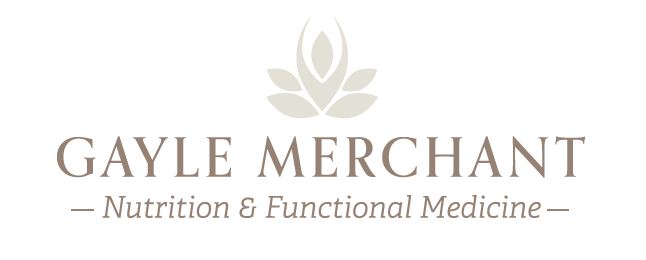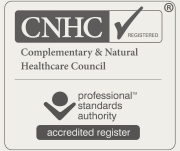ACNE
Skin is our largest organ and the barrier between the internal and external world.

As our largest organ, the skin makes up 10% of our body weight! It is our barrier between the internal and the external world and does a great job at keeping toxins out of our body as well as releasing them through sweat (and tears). The skin can also signal in a clear way when other systems in our body are out of balance and conditions can develop such as acne, eczema, hives, rosacea and psoriasis.
What does acne look like?
Acne Vulgaris – usually in the T-Zone on your face, with a mixture of whiteheads, blackheads and general redness. Acne conglobate (cystic acne) – large, raised bumps under the skin that do not erupt. They are often painful to touch and can last months. Can appear around the jawline and sometimes on the chest, neck, back and shoulders.
What causes acne?
- Your Gut – perhaps you have an imbalance of gut bacteria, perhaps a bacterial overgrowth? Or a leaky gut? Yeast overgrowth or a parasite? Comprehensive stool testing or a breath test will determine what the problem is.
- Hormones – High levels of insulin and testosterone can drive the severity of acne. High insulin levels can cause hair to grow on the face (for women as well as men), women can also experience irregular menstrual cycles and polycystic ovary syndrome and issues with fertility can occur.
- Diet – High sugar diets can upset your hormone balance by increasing insulin production and testosterone levels in women which has been linked to acne. This includes lots of pasta, rice, potatoes and bread as well as sugary foods such as cakes and biscuits. Dairy in the diet can also contribute to acne through boosting insulin and testosterone in much the same way. Foods high in trans fats can also cause inflammation that can add to the situation.
Things you can do:
- Cut out sugar and get insulin levels under control
- Take probiotics to help the gut bacteria balance or eat fermented foods like sauerkraut and kimchi.
- Reduce stress levels – take up meditation, relaxation, yoga, tai chi. Stress is inflammatory and can contribute to acne.
- Take collagen or drink bone broth to help heal your gut and support connective tissue and skin elasticity.
- Drink green tea – the compound EGCG can help rejuvenate skin cells.
- Avoid inflammatory foods such as sugar, gluten, alcohol
- Take Vitamin D – know your levels. Vitamin D is crucial for skin health.
- Eat anti-inflammatory foods – turmeric, ginger, oily fish (sardines, mackerel, anchovies, sardines, herring), berries, avocado, dark green leafy vegetables.
- Eat liver – high in vitamin A, zinc and B vitamins for skin health.
What can Functional Medicine do to support?
- Run a comprehensive stool analysis to find out about your bacterial imbalances, yeast overgrowth
or parasites and if you have a leaky gut. - Test your hormones to see if you have an androgen dominance that could be the route cause.
- Discover your food intolerances that could be driving acne.
- Test your genetics so we can support pathways that could be involved in acne.
- Your dietary plan will be individualised to include foods that support your skin and address the imbalances identified.
- Suggest specific supplements that will support your journey.
5 Pillars of Functional Medicine

Managing Stress
Chronic stress can lead to an increased risk for many diseases through
suppression of the immune system. Lets find ways to manage stress and to
nurture, to calm, to re-set and restore the immune and nervous system.

Sleep
Sleep is the first like of defence against infectious disease. Getting good quality
sleep is restorative and preventative. We’ll work together to ensure you have
a good sleep routine and get a least 7 – 9hrs restful sleep a night.

Nutrition
Food is our medicine; it tells us what genes to switch on or off, it gives the cells
the nutrients that the body needs to function and provides the energy that we
need to lead an enriched life. Here, we’re all about enjoying food for life.

Relationships
Toxicity is not just about chemicals and pesticides; toxicity can come from
relationships and can affect our physical and mental health and well-being.
We’re all for healthy relationships that help us to thrive and grow as human beings.

Exercise
Lack of exercise is the primary cause of most chronic diseases and also accelerates ageing.
Exercising can prevent or delay the onset of chronic disease and it supports
better sleep, assists in weight control, improves mood and boosts energy.
Acne and Functional Medicine
Do you suffer from acne and have tried all the usual approaches?
Functional Medicine can help you, simply book an online consultation or arrange a free 15 minute discovery call and find out how we can help.





